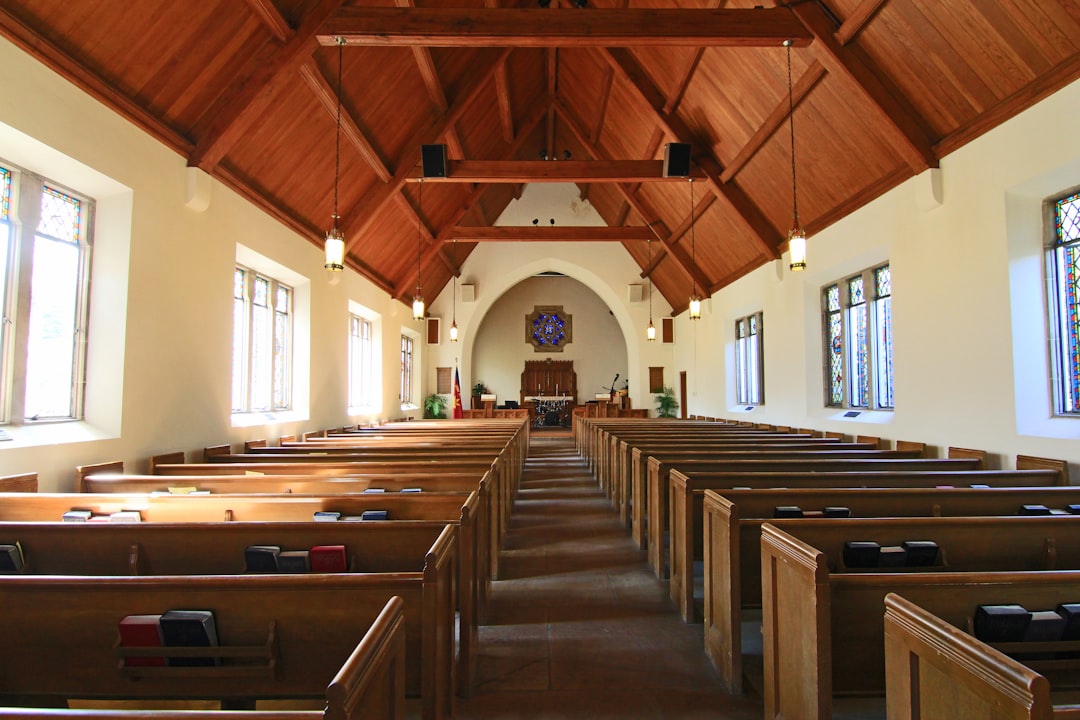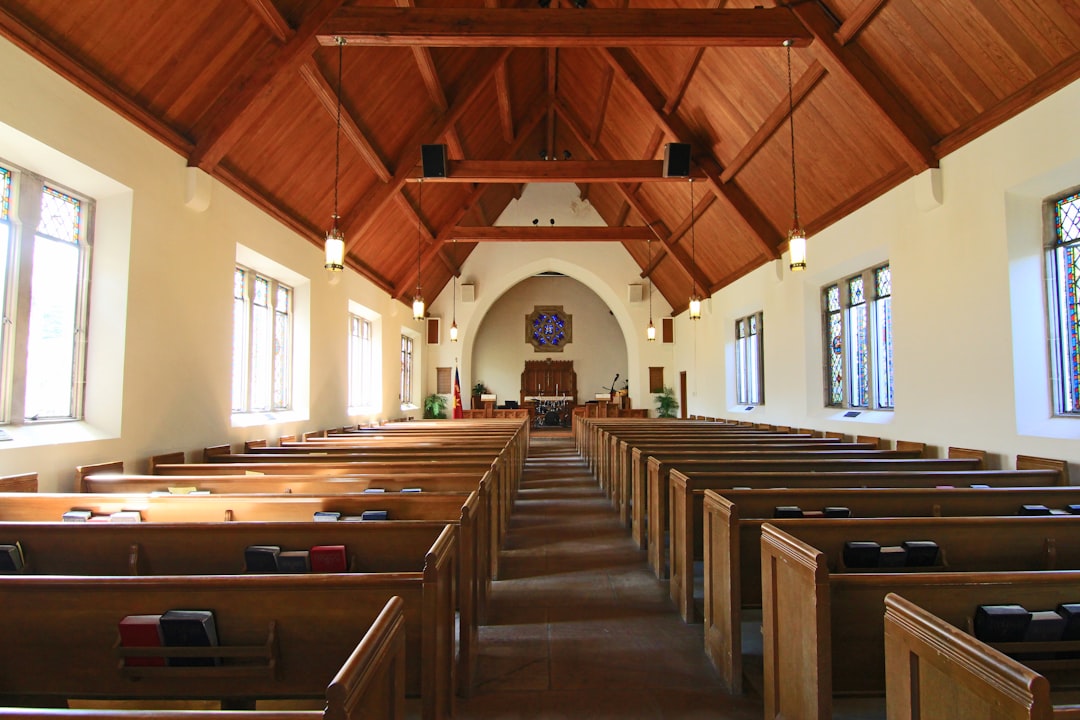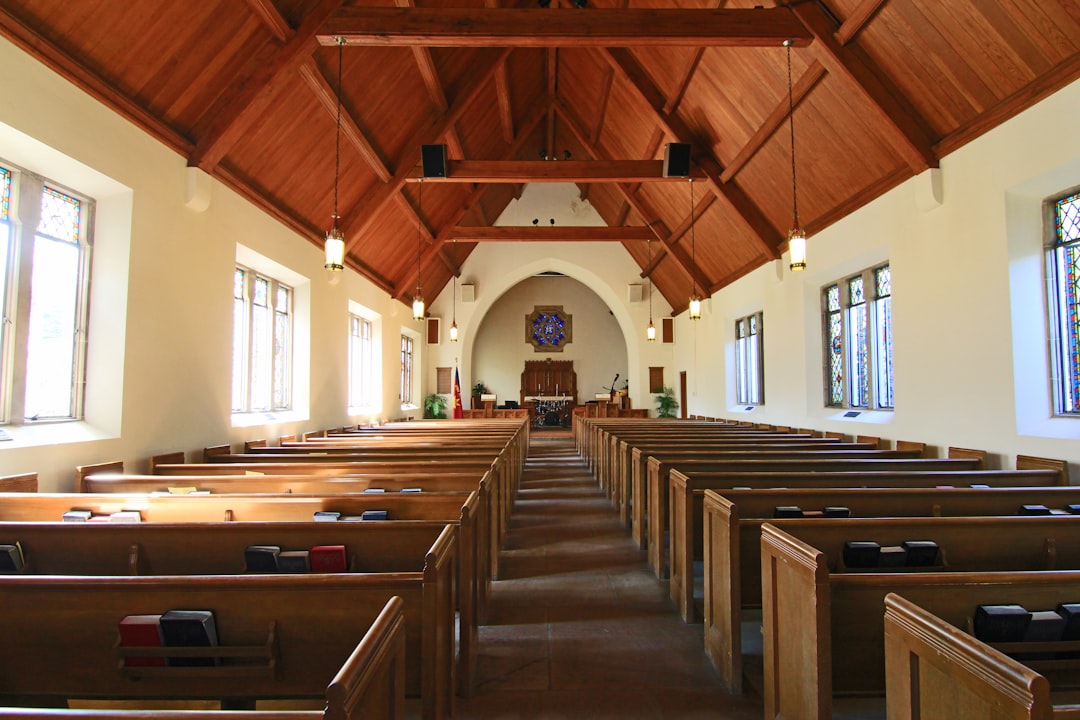In Pennsylvania, clergy abuse victims have until age 23 to file civil suits, with exceptions for under-18s or manipulated survivors. Legislative reforms extend the statute of limitations and encourage reporting. Specialized clergy abuse law firms offer crucial legal guidance, ensuring victims understand their rights within complex timeframes to secure justice.
In Pennsylvania, the statute of limitations for clergy abuse cases can be complex and crucial for victims seeking justice. This article guides you through the legal landscape, offering insights into understanding and navigating the time frames associated with clerical abuse. We explore recent changes in PA law expanding protections for survivors. If you’ve experienced clergy abuse, discover the role a specialized clergy abuse law firm in Pennsylvania can play in helping you seek resolution.
Understanding Pennsylvania's Statute of Limitations for Clergy Abuse

In Pennsylvania, the statute of limitations for filing a lawsuit related to clergy abuse can be complex and is an essential factor for survivors considering legal action. The current law states that individuals have until their 23rd birthday to file civil suits for childhood sexual abuse, including allegations against religious leaders or institutions. This means that even if the abuse occurred decades ago, survivors still have a legal right to pursue justice. However, there are exceptions and extensions under specific circumstances, such as when the plaintiff was younger than 18 at the time of the crime or when the abuser concealed their actions, leading to a delay in discovery.
Survivors of clergy abuse who wish to take legal action should consult with an experienced Pennsylvania clergy abuse law firm. These specialists can provide guidance tailored to each case, ensuring that all legal options are explored and that any potential claims are made within the prescribed time frame. Understanding the statute of limitations is crucial for survivors seeking closure and accountability while navigating the complexities of their unique circumstances.
When Does the Clock Start: Timing in Clerical Abuse Cases

In Pennsylvania, the statute of limitations for filing a lawsuit related to clergy abuse typically begins on the date the victim turns 18 years old. However, it’s crucial to note that this clock can be delayed under certain circumstances, such as when the victim was under a legal disability or had been manipulated into silence by their abuser. Many victims of clerical abuse choose to consult with a clergy abuse law firm in Pennsylvania to understand their rights and timeframes, especially if they’ve waited years since the initial incident.
The complexity of these cases often lies in the fact that many victims may not fully grasp or acknowledge the abuse until much later, sometimes even decades after it occurred. A clergy abuse law firm in Pennsylvania can help navigate this challenging landscape by providing legal guidance tailored to each victim’s unique situation, ensuring they do not miss crucial deadlines for pursuing justice and compensation.
Expanding Protections: Recent Changes in PA Law

In recent years, Pennsylvania has witnessed significant developments in legislation aimed at protecting victims of clergy abuse. These changes reflect a growing recognition of the unique challenges faced by individuals who have suffered such trauma. One notable shift is the expansion of the statute of limitations, allowing more time for survivors to come forward and seek justice. This move is particularly significant as it addresses the often-prolonged nature of healing from clergy abuse, ensuring that victims have a prolonged window to pursue legal recourse.
Furthermore, Pennsylvania’s updated laws have introduced specialized procedures for handling cases involving sensitive matters like clergy abuse. These reforms encourage individuals to report such incidents without fear of immediate legal repercussions, fostering an environment where survivors feel empowered to break their silence. A reputable clergy abuse law firm in Pennsylvania can guide victims through these new legal avenues, offering crucial support and expertise in navigating the complexities of such cases.
The Role of a Clergy Abuse Law Firm in Pennsylvania

In the state of Pennsylvania, victims of clergy abuse face unique challenges due to strict statutes of limitations. Here, a dedicated clergy abuse law firm plays a pivotal role in advocating for those harmed by spiritual leaders. These legal professionals specialize in navigating complex laws and providing support to clients who have suffered from sexual or physical abuse within religious institutions.
With extensive knowledge of the state’s legal framework, a clergy abuse law firm in Pennsylvania can offer guidance, ensuring victims understand their rights and options. They employ strategic legal approaches to challenge time-bars and help clients overcome obstacles, enabling them to seek justice and hold perpetrators accountable. These firms provide a safe space for survivors to share their stories and work tirelessly to secure fair compensation and restorative justice.
Seeking Justice: Steps After Reporting Clerical Abuse

If you’ve experienced clerical abuse in Pennsylvania, seeking justice can be a complex but necessary step. The first course of action is to report the incident(s) to the appropriate authorities, which may include local law enforcement or religious organization leaders, depending on the nature and severity of the abuse. It’s crucial to document all interactions with detailed records, including dates, locations, and any evidence available.
Next, consider reaching out to a specialized clergy abuse law firm in Pennsylvania for legal guidance. They can help navigate the clergy abuse laws specific to the state and assist in pursuing justice through official channels. This may involve filing a civil lawsuit or taking other legal measures to hold accountable those responsible for the harm inflicted. Remember, time is of the essence; familiarize yourself with the statute of limitations for such cases in Pennsylvania to ensure your rights are protected.






